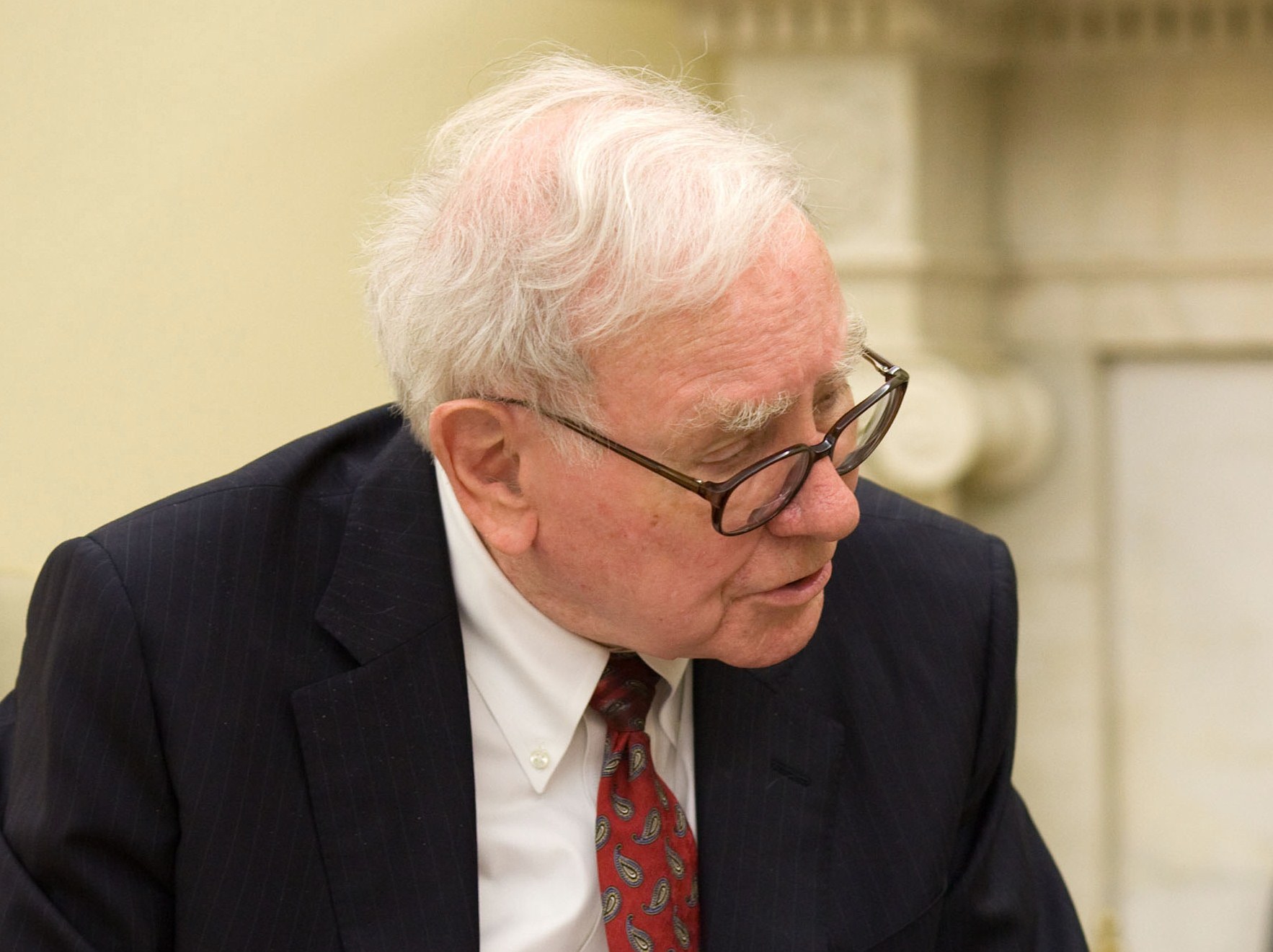Banking, finance, and taxes
Will Berkshire Hathaway Join GE and AIG on Systemic Risk List?
Published:
Last Updated:
The U.S. Financial Stability Oversight Council (FSOC) has begun looking at Berkshire Hathaway Inc. (NYSE: BRK-B) to determine whether the financial powerhouse is important enough to the global financial system to require supervision from the Federal Reserve. Berkshire Hathaway is the world’s fourth largest reinsurance operator.
The FSOC is chaired by Treasury Secretary Jacob Lew and is currently evaluating certain non-bank financial companies that could have a significant negative impact on financial stability if they were to fail. Big banks like J.P. Morgan Chase & Co. (NYSE: JPM) that have already been determined to be threats to the financial system should they fail are required to hold larger reserves, submit to regular stress tests and adhere to stricter leverage and capital requirements.
Citing unnamed sources, a report from Bloomberg indicates that the review does not mean that the FSOC will designate Berkshire Hathaway as systemically important. The finance arm of General Electric Co. (NYSE: GE), American International Group Inc. (NYSE: AIG) and Prudential Financial Inc. (NYSE: PRU) have already been determined to be systemically important non-bank financial firms and are subject to the stricter Fed guidelines. MetLife Inc. (NYSE: MET) is said to be in the final review stages at the FSOC.
Berkshire Hathaway may also be designated a systemically important reinsurer by the Basel-based Financial Stability Board in a ruling that is due in July.
As of last September, Berkshire Hathaway held $40 billion in cash on assets of nearly $460 billion. The company also held $31.4 billion in credit default swaps as of January 17, according to Bloomberg, and $5.8 billion in derivative liabilities. All these totals exceed the levels at which the FSOC can evaluate a non-bank for its systemic importance to the financial system.
Warren Buffett, CEO of Berkshire Hathaway, has declared that the company has no intention of becoming a business that is “too big to fail.” That declaration is not likely to be enough to allow the company to dodge a designation as a systemic risk to the financial system.
Berkshire Hathaway stock was trading down about 0.9% in early trading Thursday. Class B common stock was trading at $114.30, in a 52-week range of $96.30 to $119.30. Class A shares were unchanged at $171,320.00.
The average American spends $17,274 on debit cards a year, and it’s a HUGE mistake. First, debit cards don’t have the same fraud protections as credit cards. Once your money is gone, it’s gone. But more importantly you can actually get something back from this spending every time you swipe.
Issuers are handing out wild bonuses right now. With some you can earn up to 5% back on every purchase. That’s like getting a 5% discount on everything you buy!
Our top pick is kind of hard to imagine. Not only does it pay up to 5% back, it also includes a $200 cash back reward in the first six months, a 0% intro APR, and…. $0 annual fee. It’s quite literally free money for any one that uses a card regularly. Click here to learn more!
Flywheel Publishing has partnered with CardRatings to provide coverage of credit card products. Flywheel Publishing and CardRatings may receive a commission from card issuers.
Thank you for reading! Have some feedback for us?
Contact the 24/7 Wall St. editorial team.